
San Juan Farm Board: Dineh Benally’s hemp plant farms ‘eye sore’
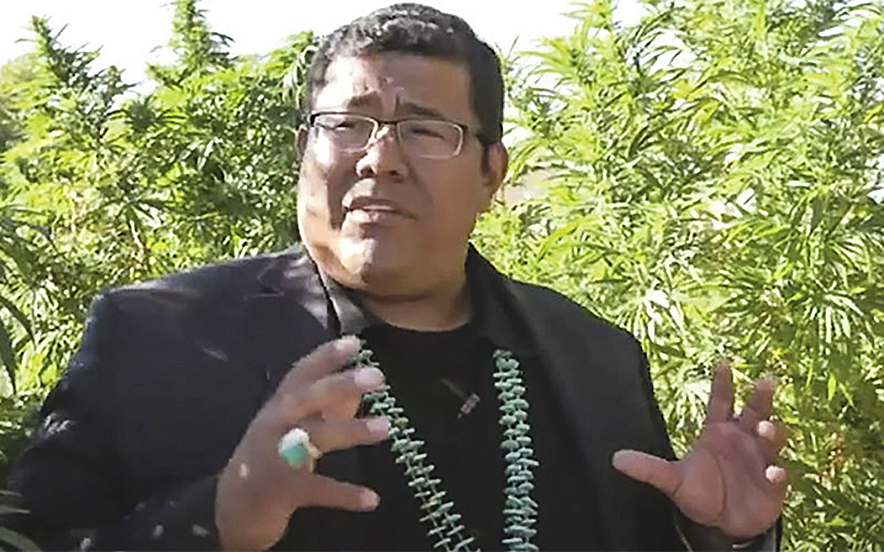
Courtesy
Dineh Benally stands in front of a field of cannabis in this photo from one of his company’s websites.
WINDOW ROCK – A few San Juan River Farm board representatives are expressing their concerns about farm plots and hemp farm huts left behind by Dineh Benally. The issues have lingered for nearly four years now, according to some Shiprock residents, making them unpleasant to see.
On Tuesday, the Resources and Development Committee held a special meeting to receive a report from San Juan River Farm board representatives on the cause and effect of unoccupied farm plots and hemp farm huts left behind when the area was raided in 2020.
Beatrice Redfeather-Benally, who replaced Dineh Benally and now sits as a member of the San Juan River Farm Board, said the site at these hemp farms plants an “eye sore.”
“It needs to be canceled,” said Redfeather-Benally, who witnessed illegal touring and underage drinking, which she believes the hemp farm has brought harm to the communities like such.
“It’s not a pretty site, and it sits like that,” she added.
In addition to these unoccupied greenhouses, Redfeather-Benally said that their livestock eat the plastic from the greenhouses adjacent to these hemp farms.
She recommends that the greenhouses be sold off the Navajo Nation as they are abandoned and unoccupied.
Further into her report, she believes the Navajo Environmental Protection Agency still needs to assess the fertilizer used to grow hemp.
Additionally, she claims that one of the farmlands had illegal drilling for an underground sprinkler system.
“Where do we go from here?” she asked the RDC members. “There’s no enforcement.”
She expressed frustration with elected leaders who told the people to come to them and address their concerns, but she felt nothing had been done. The farm plots have been left in shams for the past four years. “I’m really disappointed…asking for your help,” which includes a directive to the Bureau of Indian Affairs, which San Juan River Farm Board Chair Tracy Raymond said the Navajo Nation is in cooperation with BIA and is responsible for farm units, farm distribution systems, drained, and more.
Redfeather-Benally added when these hemp farms were operating on the low, the smell was so strong that it traveled miles and miles.
“We’d like to be informed of what’s going on,” Redfeather-Benally iterated, as they have been left in the dark lately.
Losing money
Tracy Raymond shared that there are no irrigation systems and roughly 1,000 permittees in these areas, such as Upper Fruitland, Shiprock, and San Juan.
He asked how the Navajo Nation could better manage these farmlands.
“We only use 25 percent of our farmlands right now,” Raymond explained. “There are 12,165 acres … in the water rights settlement.”
According to the Navajo Water Resources Department, Raymond said they go out to assess inventory each year.
Raymond recalled that the Navajo Nation is losing $14 million yearly and claims its losses have doubled.
“We are continuously losing money by not managing our resources,” he added. He suggested that farming could improve if the Nation could modernize the maps and database, but the question of how BIA keeps records is hindering.
“A decision needs to be made,” said Raymond, adding that there needs to be a point to clean up the farm plots and hemp farm huts.
Beatrice Redfeather-Benally said hemp affected areas in Northern Agency, starting in Shiprock and extending to other communities like Gad’íí’áí and Hogback.
By truckloads, Redfeather-Benally alleges that Dineh Benally was charging license fees between $25,000 and $145,000 cash, and she said there’s no paper trail in these transactions.
This brought disharmony to the community, and like first-hand experience, Redfeather-Benally shared that her mother, 80, was sitting on their porch drinking coffee in June 2020 when a gun was pointed at her.
“Three of these, I don’t know if they were Asian or if they were Natives, but they pointed the gun at my mom for coming out sitting on the porch,” Redfeather-Benally said. The incident motivated her to become involved in running for election in the first place.
RDC response
Hearing the frustration and anguish, Delegate Rickie Nez recommended the committee to have a joint meeting with the Law and Order Committee and the Department of Justice to receive an update from the attorneys representing the Navajo Nation versus’ all those involved in the production of hemp along the San Juan River.
Nez expressed that it’s not the Navajo Nation leadership’s fault and recalled that two San Juan River Farm board members opposed what was taking place at these hemp farms.
“One of them was Mr. Tracy (Raymond), and the other one was Albert Lee,” Nez added, claiming that other farm board members were involved and were “complacent” to this.
Due to legal actions that began in 2020 when a raid occurred at the hemp farm, the tail end of the 24th Navajo Nation Council, the delegates were advised the newly elected Delegates to “stay out of this,” according to Nez.
“Maybe now is the time to go back and say, ‘OK, let’s have an update on this, where are we, where are the lawsuits?’” Nez iterated. He claims a few Navajo tribal employees were involved, including other farm board representatives in the hemp farm operation.
Nez mentioned that irrigation canals are needed for farmers along the San Juan River, who were also heavily affected by the Gold King Mine spill in 2015.
“A lot of these farmers wanted money,” Nez said. “But a lot of the farmers spoke and said, ‘We need irrigation canals to be rehabilitated.’”
Nez said many depend heavily on the Navajo Nation Irrigation Office—Shiprock, which he believes is unfair because he claims many farmers who do not know how to farm or utilize equipment yet are receiving services.
Delegate Danny Simpson suggested that RDC help San Juan River Farm board representatives with this process and stated that these farms are in the Navajo Nation and should ensure that the Nation acts as if it is illegal to grow hemp on Navajo trust land.
RDC Chair Brenda Jesus requests to hear from Navajo Attorney General Ethel Branch and Deputy Attorney General Heather Clah regarding these greenhouses.
Along with law enforcement and BIA.
Jesus wonders what is being done in this outstanding issue and requests to meet with other parties.
“We will be reaching out to the BIA,” Jesus said, and mentioned the Land Use Permits, known as LUPs, that are not being used within the two years, that those permits be revoked.
However, that is not up to RDC, and those policies would need to be revisited regarding how to go about LUPs and how they are being used, as some are used for illegal actions like bootlegging and drug trafficking.
In addition, RDC would include the Navajo Environmental Protection Agency regarding land use and soil matter.
San Juan River Farm board handed out a resolution passed in March 2021 to RDC members regarding LUPs, which Jesus said RDC, and other parties will begin discussing how to proceed with legal action.
Toward the closing of the San Juan River Farm board report, Dineh Benally tried to call and speak during the meeting, but Jesus said she would not allow him to talk and had one of the members of the San Juan River Farm board adjourn their report.

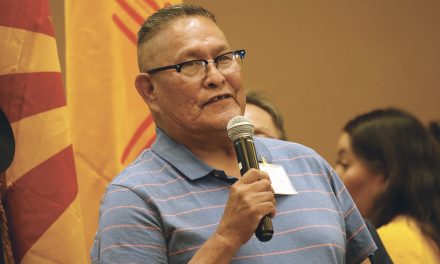
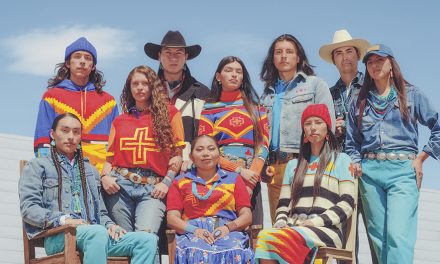
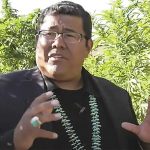
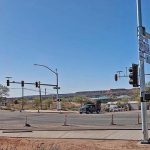
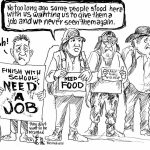


 Highway 264,
Highway 264, I-40, WB @ Winslow
I-40, WB @ Winslow